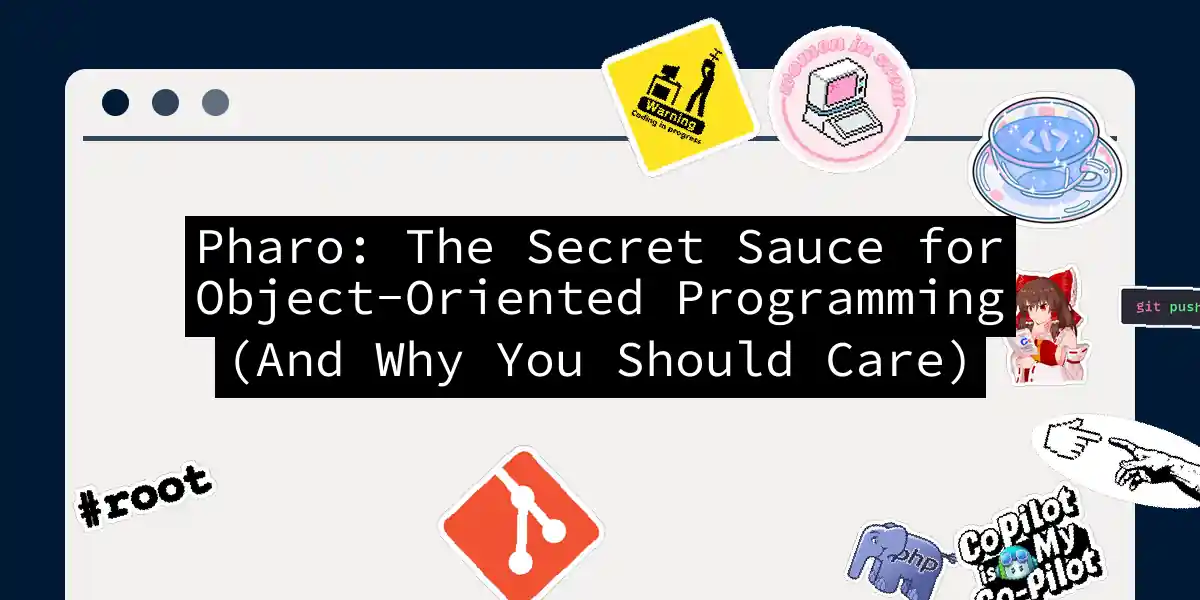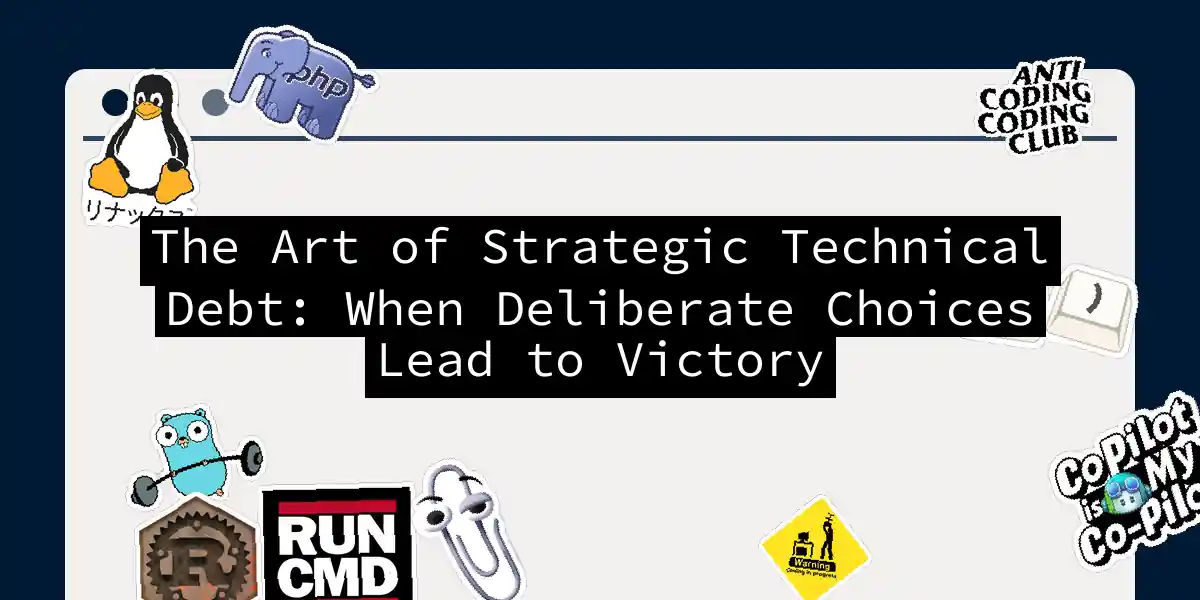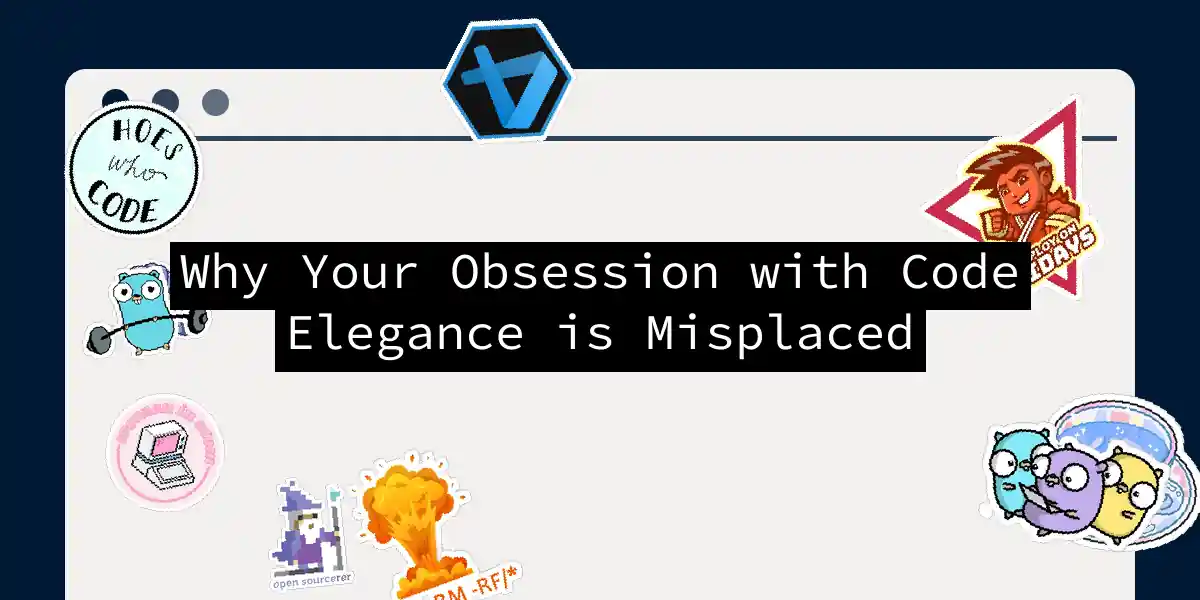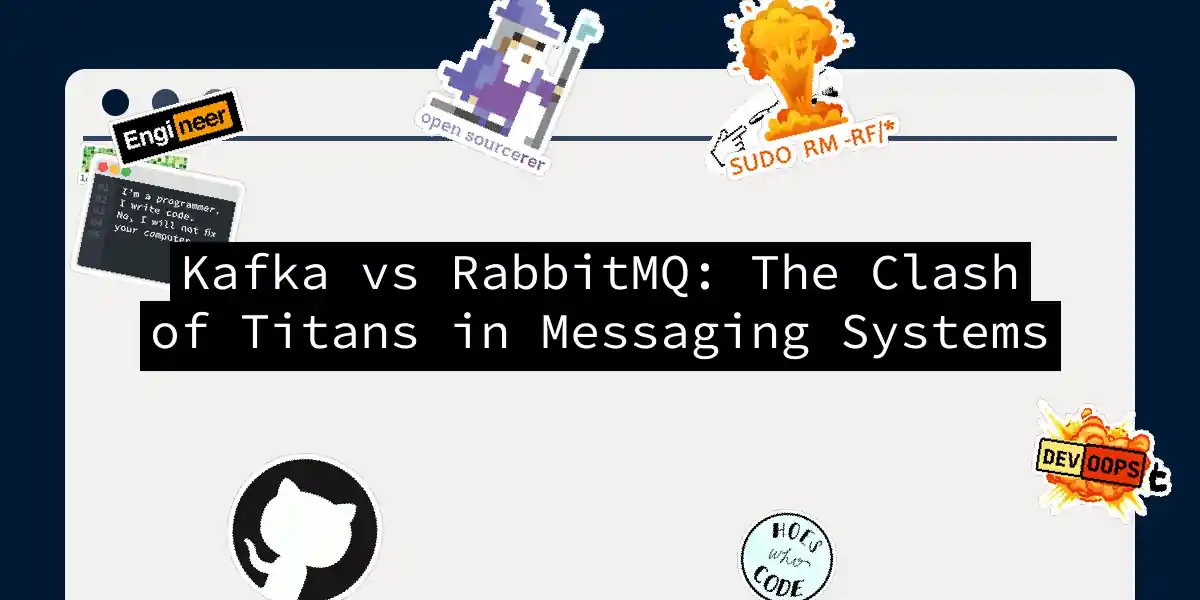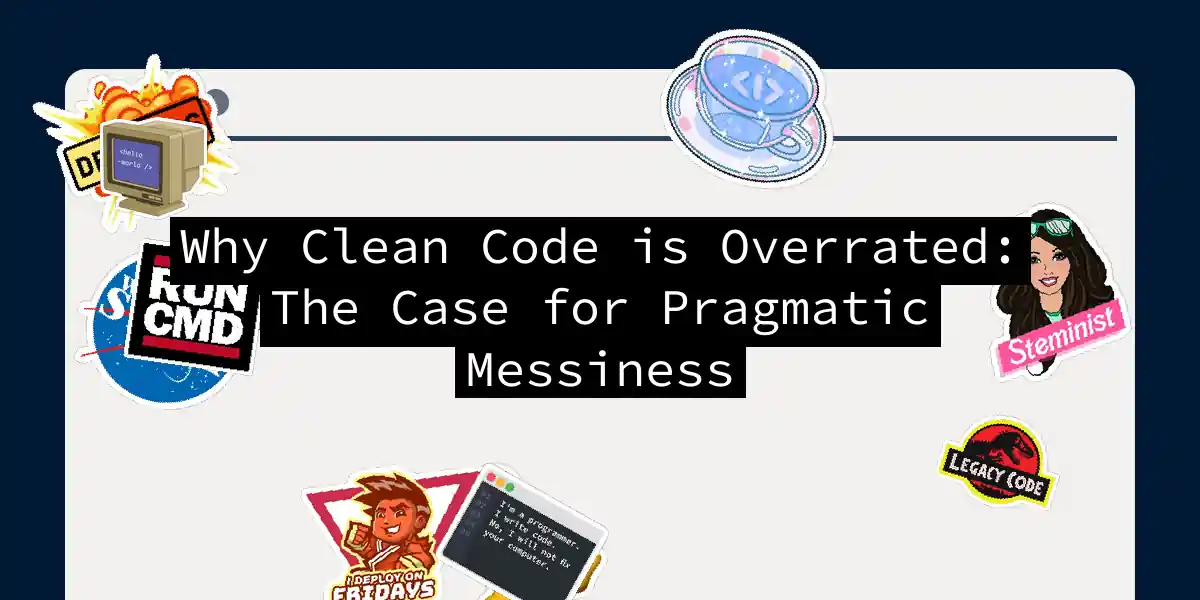
Why Clean Code is Overrated: The Case for Pragmatic Messiness
The Clean Code Cult: When Perfect Becomes the Enemy of Good Confession: I’ve written code so clean it would make a preacher proud. But I’ve also shipped code so hacky it would make that same preacher weep. There’s a time and place for both. While Clean Code enthusiasts (and I use that term affectionately) bring valuable principles to the table, their dogmatic application often chokes startups with technical debt disguised as virtue....
